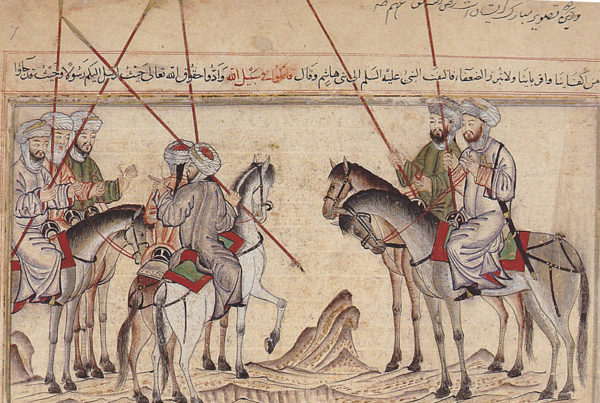Urban street gangs are a very old phenomenon; and what we regard as a contemporary problem was very much a part of life in Caesar’s Rome, Tudor London or Teddy Roosevelt’s New York. One would think with this vast experience, that today’s police, reporters and social workers would have an accurate grasp of the situation: This seldom is the case.
Sudhir Venkatesh, as a young student of sociology in Chicago in 1989, did something rather innocent and naïve in his undergraduate days… he went into one of the worst housing projects in Chicago and started studying a black street gang in the classical manner of the anthropologist. His new book Gang Leader for a Day (Penguin Books, New York, 2008) describes the results.
In one respect, the book shouldn’t be a surprise. Real life is always far more complicated than the pale imitations and descriptions we get from the entertainment industry and the news media. The gangsters and the people of the neighbourhood that Venkatesh describes have far more dimensions to their behaviour than a casual examination might reveal. Like a Roman, Tudor, or 19th Century New York street gang, the members of the Black Kings are at once both parasites and symbiotes; predators and prey; victims and victimizers… They corrupt their neighbourhood, but would not survive if civic corruption hadn’t made their existence possible.
The book is a fascinating narrative, and a chronicle of a relationship between Venkatesh and a gang leader. More importantly, it is the account of an explorer; but his accounts concern an alien terrain that is far closer to our homes than we have so far dared admit.








